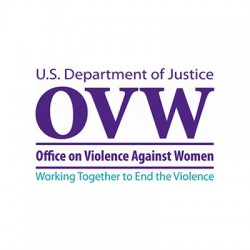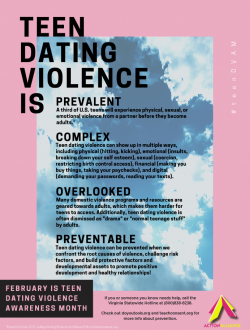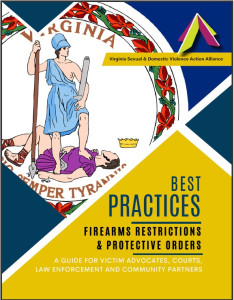Resources Library:
Start a Search:
FAQ on the VAWA Confidentiality Provision

If you've ever been confused about the difference between VAWA, FVPSA, VOCA, and HIPAA on issues of privacy and confidentiality for survivors of intimate partner and sexual violence, rest assured, you are not alone. Navigating these different standards can be very confusing when it comes to service provisions, survivor privacy, and data confidentialty.
This document produced by the U.S. Department of Justice's Office on Violence Against Women has produced a very helpful FAQ document that addresses many of the questions that arrise in SDVAs when it comes to how to protect surivior's privacy based on VAWA requiements. There are answers to question about verbal consent, what to do if law enforcement visit shelters, how grantees should handle grant monitoring inquiries, and considerations for using cloud servers for data storage. Check it out by downloading it below.
February is Teen Dating Violence Awareness Month

February is Teen Dating Violence Awareness month. This poster outlines some common misconceptions about teen dating violence as well as offering some action items toward preventing it. For more information, see doyoutools.org and teachconsent.org.
Federal Firearms Law: Domestic Violence Offender Gun Ban
An important Notice to Persons Convicted of Misdemeanor Crimes of Domestic Violence This brochure was developed by the Department of Criminal Justice Services and the Office of the Executive Secretary, Supreme Court of Virginia Supreme Court of Virginia, Office of Executive Secretary.
Feelings and Emotions List
This handout was provided by Santa Sorenson from the Richmond Peace Education Center at the workshop titled "Conflict Resolution" at the Virginia Department of Social Services Office of Family Violence Promising Practices conference on September 16, 2013.
Firearms Restrictions and Protective Orders in Virginia

Recent changes in Virginia code pertaining to firearms, firearm restrictions, surrender of firearms, and new Substantial Risk Orders can substantially impact the lives and safety of survivors of intimate partner violence. To assist survivors in making decisions regarding petitioning for protective orders and with safety planning, it is essential that advocates are knowledgeable about both the legal remedies as they pertain to firearms and the processes and procedures in their communities for implementation of these new remedies.
The Virginia Domestic Violence and Firearms Workgroup worked with local, state, and national partners to create new resources to support implementation of firearms restrictions in communities across Virginia. The toolkit is intended to serve as a foundational resource for sexual and domestic violence advocates – in their work with survivors and communities – to maximize safety and to ensure compliance with Virginia law.
For more information on how to best use these tools and/or for technical assistance and training to support implementation in your community, please contact the Virginia Sexual & Domestic Violence Action Alliance at training@vsdvalliance.org.
To download this resource, click here.

